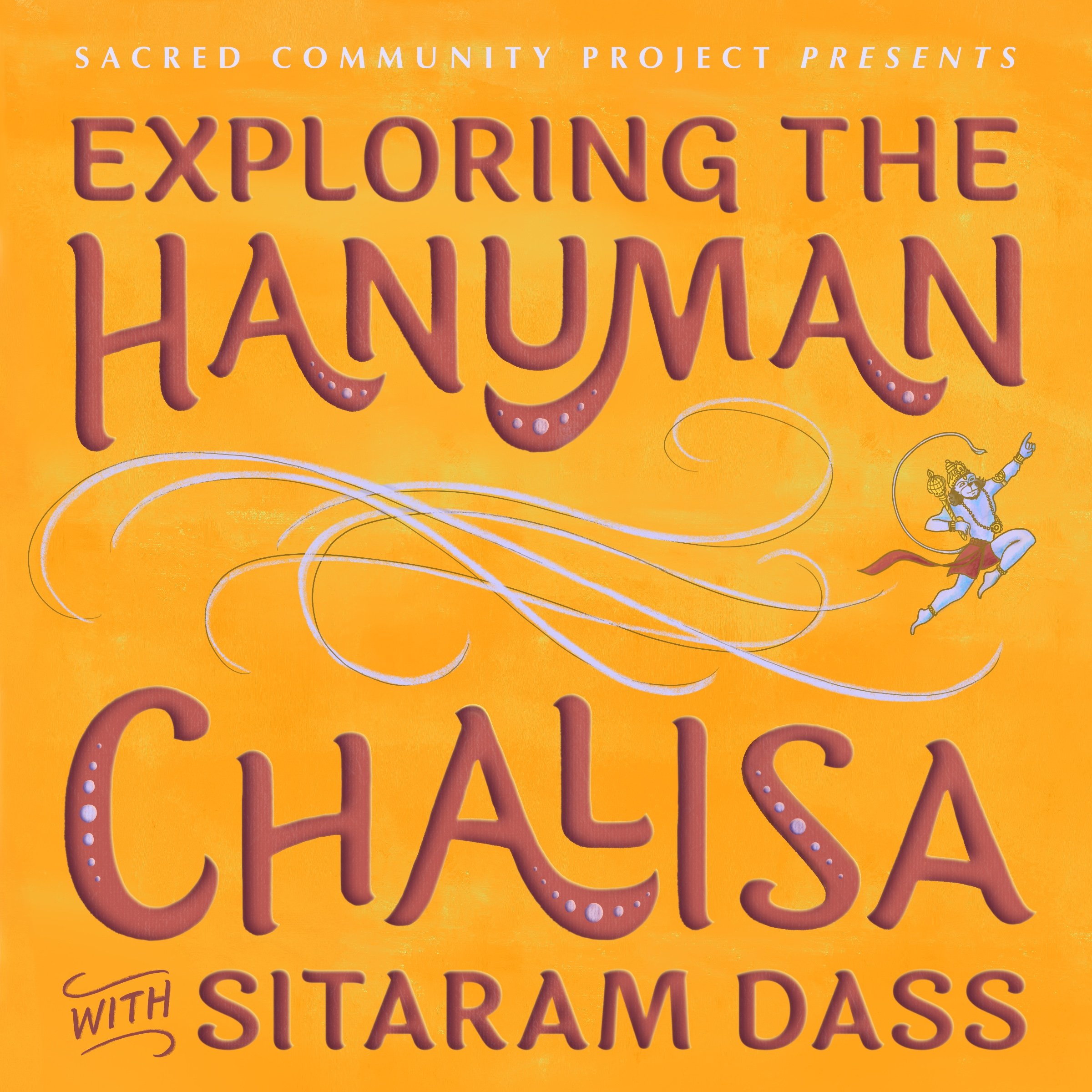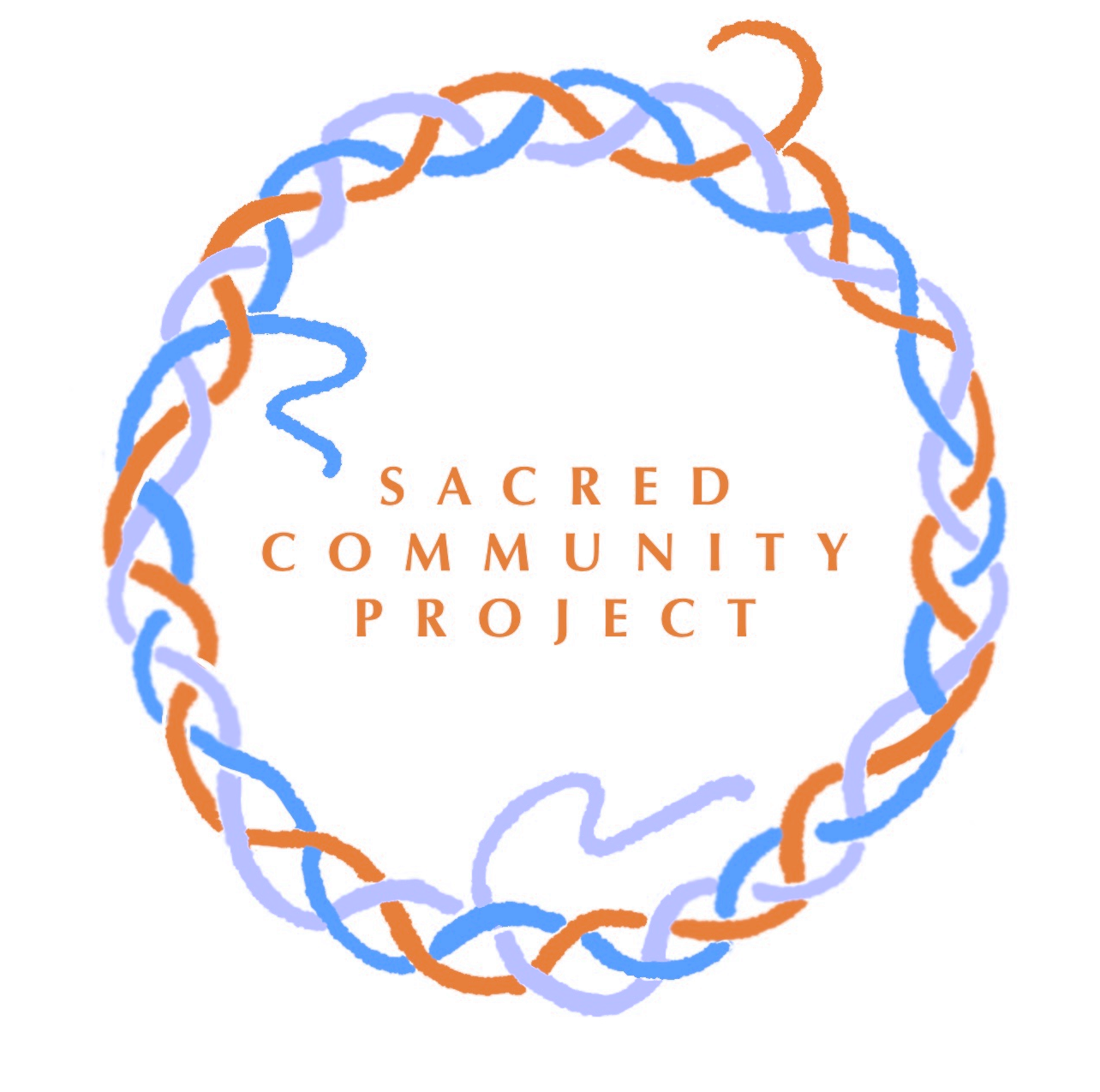This audio was recorded from over nine different livestreams throughout 2020 during the Covid-19 Pandemic. In these lectures, Sitaram Dass explores each line of the Hanuman Chalisa, using sacred scripture, humor, modern psychology, and stories from his time serving his beloved teacher, Ram Dass. In this way, the Chalisa's timeless relevance can shine through in our modern, daily lives.
This is being offered on a “pay what you can” sliding-scale donation basis. The author donates all profits to the Sacred Community Project, an interspiritual collective working to lower the barriers of access to contemplative and devotional practices through affordable, free, and donation-based offerings. Learn more at sacredcommunityproject.org
Video clips from the live stream lecture series that became Exploring the Hanuman Chalisa
ABOUT SITARAM DASS
Sitaram Dass (K. Sandin, LCSW) spent several years serving his beloved teacher Ram Dass on Maui, where he was shown the path of Bhakti Yoga, the yoga of service and devotion to God. Through writings, music, teachings, workshops, and one-on-one counseling, he works to strengthen our sense of the Timeless Sacred in today’s modern and fast-paced world.
He draws his inspiration from his beloved teacher Ram Dass, the great Indian Saint Neem Karoli Baba, Hanuman, and the Divine Mother. He also finds inspiration in all of the world’s great wisdom and mystic traditions and has received great benefit, insight, and grace from Sufism, Buddhism, Hermeticism, Christianity, and modern psychotherapy.
He is the director of the Sacred Community Project, a service and art collective that works to lower the barriers of access to contemplative and devotional practices through affordable, free, and donation-based offerings and prison outreach.
He lives with his life partner, Jamie, and their cats, Prem and Olive, in the redwoods of Northern California.















A clip from the live stream lecture series that became the audiobook, Exploring the Hanuman Chalisa. In this video, Sitaram Dass discusses the nectar of the Name and ends with chanting of SitaRam.